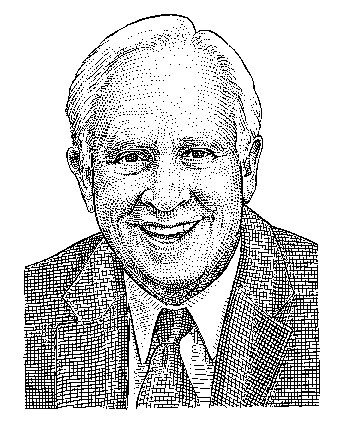Networking Tips and Being a Good Listener
To be a leader, you have to ramp up your listening skills.
Networking Tips and Being a Good Listener
To be a leader, you have to ramp up your listening skills.
Hear, Hear for Great Listeners
So, how are things in your organization? Are things getting done on time? Is everyone in good spirits? Is everyone getting along? Does everyone prefer to talk instead of sending email or texts? OK, that is a ringer question.

Getty Images © AKINDO
On a scale of 1 to 10, with 10 highest, how would you rate the listening ability of your leadership, your co-workers, your subordinates? You? Anything less than a 6 is a failing grade. Anything less than an 8 means a lot of problems.
Has everyone lost their ears? Do we listen but not hear? How do you know when this is the case? When there is no trust? When the workplace is uncivil? When the employees don’t feel respected and valued by leadership? When people want to say what is on their minds but don’t care what is on yours?
All of which leads to this: Someone has to listen. You have to be the leader who hears what is being said and acts on it. But to be that leader, you have to ramp up your listening skills.
To do this, you don’t have to get the latest book on listening. You may want to later, but for now keep it simple.
Think about people you know who are really good listeners. What do they have in common? Think about how they look at you – their facial expressions and body language. Think about how much they talk while you are talking. When they do talk, what is their tone of voice? Do they seem calm, at ease? What makes you want to continue conversations with people like these?
The best leaders are the best listeners. The best salespeople are the best listeners. The best pastors are the best listeners. You can go down the list of who is best, and it will always be the best listener. And the best listener becomes the best communicator when that person acts on what he or she heard.
How do you become a better listener? Think about your answer to the question of whom you consider a good listener. Adopting some of those traits is a great place to start.
Another way to improve is to become an active listener. Active listening requires paying attention to the person talking to you. Ask questions during the conversation such as, “I’m not sure I understand what you mean; can you tell me more?” That will draw out the full story from the person talking.
Another example: “It sounds like you are …,” which elicits the person’s feelings. A third example: “This is what I think I have heard so far,” which tells the speaker that you are listening and gives the person a chance to clarify anything you misunderstood.
Listening skills are tough to develop, particularly in today’s environment. We are losing the ability to communicate for a lot of reasons. Maybe you are the one to make a change in your world.
Ask Mr. T

John Thompson, aka Mr. T.
Q. All my career I have heard personal networks will bail you out when you need help. Well, I got laid off three months ago and my network didn’t get the memo to help. Some won’t even return my calls. What’s up?
A. Let me guess. You didn’t hear the part where it said you have to care for and feed your network? One of my former students put it best. Same situation as yours. He dialed up one of his network members who responded, “I haven’t heard from you in two years, and now you want my help? I almost don’t know you.”
Here’s how to keep your network engaged. Rule No. 1: Give them a shout-out three to four times a year. Do this by sending a birthday card or sending an article about something close to them like a vacation destination, things about the industry they are in, a book recommendation, a wine they might like, something funny on YouTube. Send them things about you that let them know you are alive and kicking. In other words, be deliberate in keeping your network on your team. Any one of these things takes less than five minutes to do, which is 15-20 minutes a year. The payoff: When you need help, you get it.
Send your career questions to tcumagazine@tcu.edu
John Thompson is executive director of TCU’s Center for Career and Professional Development. For more information about careers, visit careers.tcu.edu

Your comments are welcome
Comments
Related reading:
Alumni
Gearing up the Job Search
Mr. T asks in his career column, is it time to move on?
Alumni
Employer Assessment Testing Matters
Ready for the biggest test? Aptitude, personality and skills tests help employers decide who fits in.
Alumni
Do you need a career makeover?
When was the last time you kicked the tires on your career?